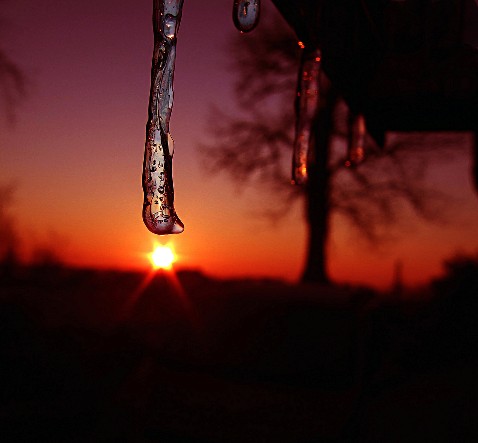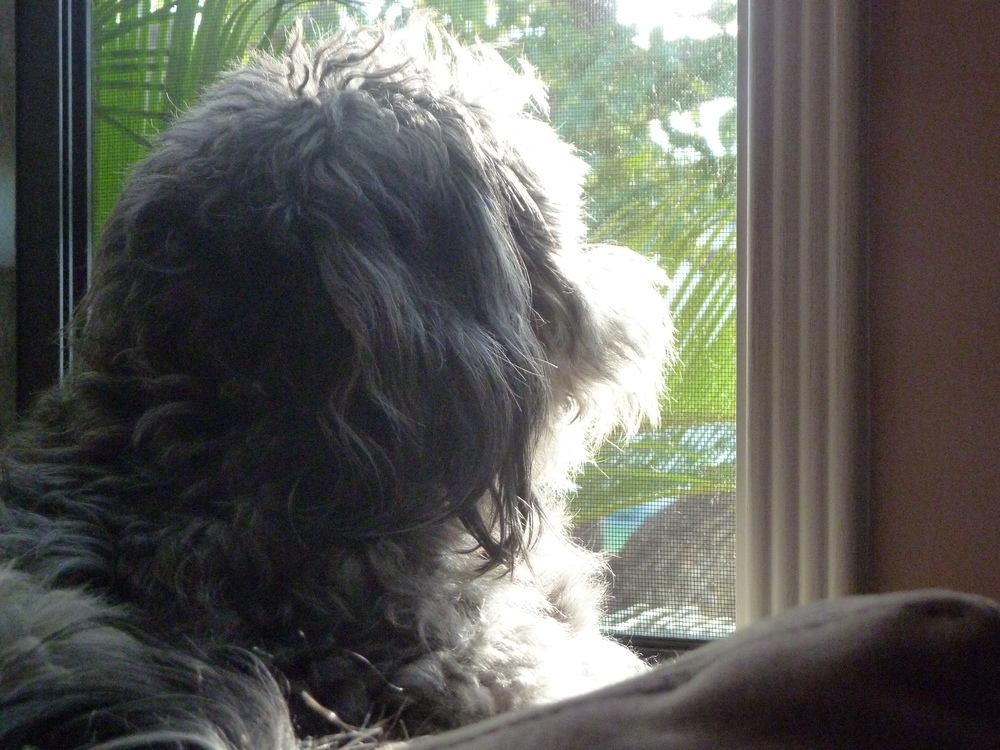The Older Sister
/Sometime this weekend, while she is playing, or reading, or sleeping, or eating, or attending that second live concert in one weekend, or having tea with a real live writer (her aunt knows the coolest people), or working hard at improving her full turn or her free hip or her tuck, sometime in this weekend packed with so.much.fun she will cross a threshold she is not aware of, but I am. Sometime this weekend my daughter will have lived more than half of her life as a bereaved sister. I could calculate it exactly, down to the minute, really. But I don't let myself. I don't want to know that precisely.
This is a kind of thing my mind gets hung up on. I remember coming up on living (then) half my life in this country, and it seemed a big deal. My sister, who's eight years younger than me, and so reached the same point that much earlier just sort of shrugged-- she was so far past that place herself that it was no longer a thing for her at all. Thinking about that I wonder whether this will ever seem like a big deal to Monkey. I know she is not thinking about it now, and I don't know whether she ever will. She is, by nature, a storyteller, not a mathematician or scientist. And so it is not clear to me that even looking back from any place in her hopefully long and eventful life this invisible line will matter a diddly to her. She was so very marked by her brother's death itself that it might never matter to her that there was a time before it, or how much time that was.
She grieved. Oh, she grieved. Out loud and quietly. In her first language, the one we speak at home, and then, as she started school and her English improved and they started learning Hebrew, in two more. Like all of us, she is no longer in that acute all-encompassing phase of early grief. But neither has she dispensed with it. Which is, of course, as it should be. And, at the same time, as everything about this, it's too fucked up for words-- the kid's not yet ten, and she's lived with grief for half her life.
There are things about her that are undoubtedly shaped by her experience as a bereaved sister. It's not that she is somehow an expert at other's grief. But she has a fine sense of what is and isn't about her. She understands the shades of sad. When a beloved teacher in the school died suddenly and unexpectedly in December, she was sad, but she also understood with piercing clarity that hers was a sadness from a distance. She and a couple of classmates spent some time that afternoon writing letters to dead people, including the teacher. She let me read her letters.
She wrote four letters total-- one to the teacher who died, one to her brother, one to my grandfather who died before she was born and in whose honor she is named, and one to my grandmother who died in May and whose funeral was the very first Monkey ever attended. There is no sentimentality in any of these. There is no cuteness. There is no mixing of her issues in with the sadness of others. And that is why these letters (I kept them) get me still. She is not even ten, and she has this understanding that we all wish more adults around us had.
To her brother she says that she misses him still and loves him. She notes the age he would've been, and how she thinks her younger brother would've liked to have an older brother too. And, still, still, still, she says she wishes she could see him. Me too, kid, me too.
To my grandmother she says that she didn't really know her (true-- dementia is a horrible thing, and by the time Monkey could remember things well, my grandmother wasn't herself anymore; they did have a lot of fun earlier in Monkey's life, though, and for that I am glad), but that she knows how much her daughters miss her.
To my grandfather, and I must say that it surprised me that she wrote this one, she says that she is named after him and tells him that though it is very sad, his wife has died recently, and also that he is still very missed.
To the teacher she says that she is now very sorry she never really knew her. She was a middle school teacher, but she also had been involved in many things at the school. It was remarkable to me that Monkey understood the difference between how she knew the teacher and how the teacher's students knew the teacher. Monkey says that she is sure her daughters miss her (of course), but then she doesn't say that about the students. She describes, instead, what is happening near the teacher's room in the school-- there is a bathroom across the hall, and Monkey writes that the lower school kids are not allowed to use it because her students are in there-- they are crying and washing their faces, and crying, and washing, and on and on. I cried when I read that. I have tears coming up now as I write about reading that.
The mindfuck of this is that it's not that she is naturally fearless in the face of pain. She is sweet and she's always been kind, and she has a good deal of empathy. But she is not, and I know it is strange to say about a kid who hurls herself at the vault table and flies to execute her bar dismount, she is not naturally the most courageous person you've ever met. She is cautious and risk averse. And as we all know, death is a scary thing, and raw pain of a grieving person is perhaps scarier still. So the fact that Monkey is better than most at handling other people's grief is mostly about her own biography, her own story. It sucks. I am glad she is the way she is. I hate that she is that way because her brother died.
I heard it said about the senior rabbi of our congregation that because his father died when he was very young, he is drawn to comfort the grieving. Like a proverbial firefighter, he runs towards the grieving family when others are tempted to run away. Monkey is not like that. She doesn't run towards the grief. She might even hesitate, as she did about whether to attend my grandmother's funeral or about whether to visit her kindergarten teacher recently as she mourned the loss of her own elderly mother. (This was the teacher who helped Monkey find her voice in both English and Hebrew, the latter because at the time she was saying kaddish, Jewish mourning prayer, in the classroom every school day for her father, and entirely without prompting and without telling us Monkey joined the ritual.) But even in those cases, it takes but a short conversation, a few sentences really, for her to change her mind and be there for the grieving.
On the way back from the visit with the kindergarten teacher Monkey asked why the teacher'd said that visiting the grieving was one of the most important and difficult mitzvot (good deeds). As I think about the conversation that followed now, we focused mostly on the "important" part, discussing how visiting with the grieving lets them tell you about the person they are missing and about how that itself brings comfort. We kinda skipped the whole "difficult" part of the statement. I guess we both know there are harder things than that.
If you were lucky enough to have older children when your baby died, have you marked any significant grief-related milestones in their lives since? Do you see them as bereaved siblings? Do they see themselves that way? If you have younger children, are there things about them that you see as grief-marked? Are there other children in your life that are connected to your baby who died for you? How do you see their milestones?







